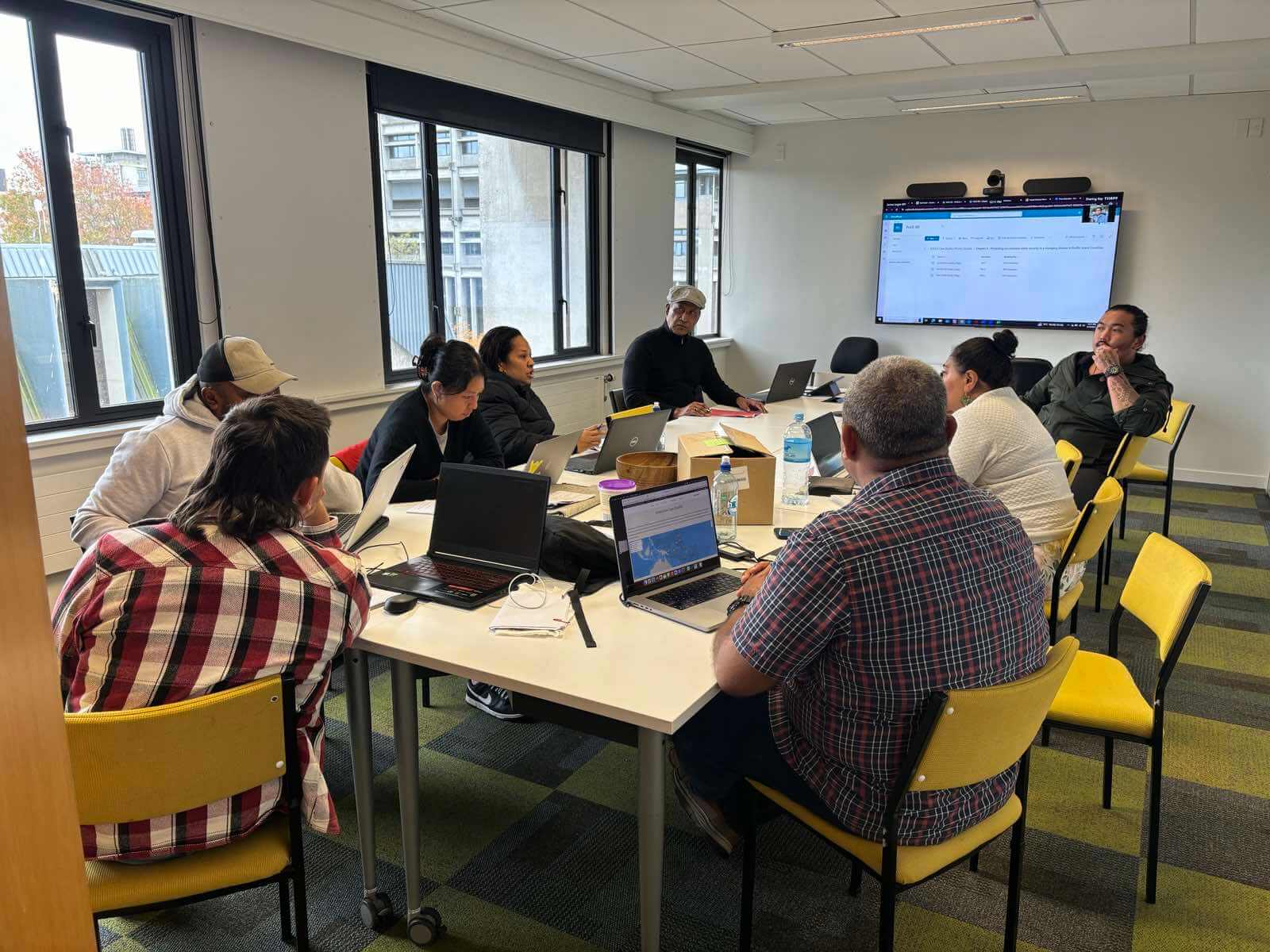Related News

Following the Pacific Ocean and Climate Crisis Assessment (POCCA) project Final Author’s Conference in Christchurch, New Zealand from May 8-10, the POCCA technical teams met once again as part of the project’s staff exchange agreement, at a crucial time in the project’s cycle.
The teams consist of the POCCA project staff based at the Pacific Centre for Environment and Sustainable Development (PaCE-SD) at The University of the South Pacific’s Laucala Campus and the Macmillan Brown Centre (MBC) for Pacific Studies at the University of Canterbury (UC).
There have been two previous staff exchanges however, according to Dr. Hilda Waqa-Sakiti, the project team leader for the project staff based at USP, this staff exchange is different as it is happening at a very important time as the project is nearing its closure.
“This final staff exchange occurs at a crucial time in the project cycle as we are approaching the project end and delivery of our final outputs.”
“We are currently at the stages of finalising the POCCA report, so quite essential for our teams to be working collaboratively in progressing deliverables on the project,” she said.
“This staff exchange will allow our technical teams to work together on the integration of findings from the project’s community research work conducted within the 16 POCCA project countries from the Pacific into the Report.”
“This draws into the report Pacific narratives and voices towards building resilience to the impacts of climate change and more importantly in integrating indigenous knowledge and local practices,” she added.
The staff exchange followed the POCCA’s third authors conference where it was evident that things seem to be on track in terms of the project meeting its deliverables.
Especially with the authors placing emphasis on the integration of community stories in their respective chapters.
Dr. Christina Laalaai-Tausa, team leader for the UC based team said that adding an extra day into the conference was a necessary one after the success of the first two conferences.
“This allowed more time for the authors to sit together and fine tune their individual chapters.”
“The third day was certainly needed as it provided the opportunity for the author groups to finalise and fine tune their chapter content for the Fourth Order Draft.”
“The presentations, feedback, and conversations over the 3 days of the conference definitely indicated that we are on track.”
“The next two months will be crucial as the team ensures that the case studies are woven through the different chapters,” she said.
Funded by the Ministry of Foreign Affairs (MFAT), New Zealand, the three-year POCCA project is a collaborative effort between the Pacific Centre for Environment and Sustainable Development (PaCE-SD) at The University of the South Pacific and the Macmillan Brown Centre for Pacific Studies at the University of Canterbury.